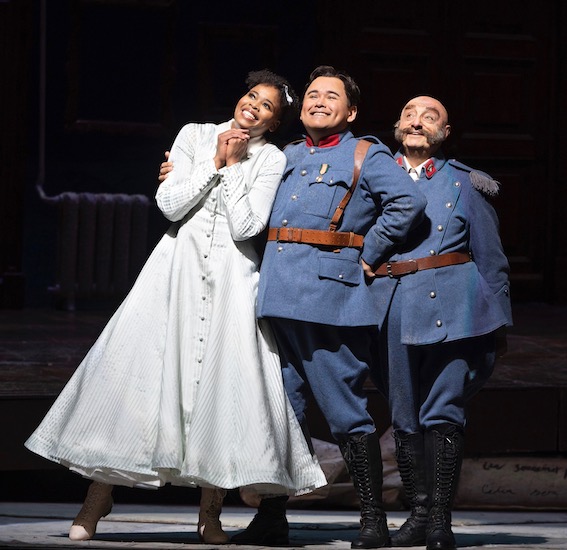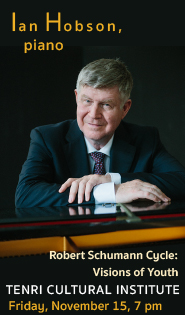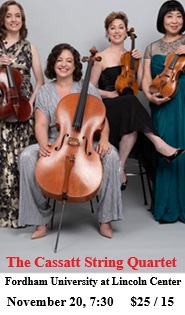A winning cast brings vibrant life, emotional depth to Met’s “La Fille du Régiment”

Pretty Yende, Javier Camarena, and Alessandro Corbelli in Donizetti’s “La Fille du Régiment” at the Metropolitan Opera. Photo: Marty Sohl
La Fille du Régiment is Donizetti’s greatest work.
That may be a ridiculous thing to say. But go see the cast currently performing at the Met, and see if you don’t come out convinced of the same.
On its surface, Donizetti’s little two-act opéra comique about a marquise’s foundling daughter raised by a regiment of grenadiers is a fluffy confection. Yet it has tremendous life in it, waiting to be revealed by the right actors.
Monday’s performance, the second of a seven-show run, seemed proof of the concept of light comedy: there was as much emotional force in La Fille’s indomitably sunny outlook as in the grandest, most complex tragedy.
Part of that impact is thanks to Laurent Pelly’s crisp 2008 production. There’s nothing at all gloomy about this staging—Pelly relies on a playful map motif, with corners of charts jutting up to represent the mountains of Tyrol, a wind-rose sun rising over them. Pastel colors dominate the stage. Pelly has moved the setting forward from Napoleonic France to sometime in the First World War, after the traditional zouave uniform had been abandoned in favor of the less-visible cold blue. While he doesn’t belabor the point, changing the conflict to one whose suffering is less clouded in “great man” mythology injects a hint of melancholy to focus the sentiments of the story.
Most of the credit, though, is due to the starriest cast that the Met has assembled for this romp in quite some time.
No one should be surprised anymore when Javier Camarena’s name is followed by a string of superlatives. His golden voice and easy top make him an ideal fit for the role of Tonio, the Tyrolean villager who enlists in the French army to win a woman’s heart. At the premiere last week, Camarena reportedly gave an encore of “Pour mon âme” and its nine infamous high Cs. On Monday, his thrilling rendition, bursting with exuberance and nailing every top note with blazing tone, earned another ovation and another encore. At this rate, he may have to prepare to sing the cabaletta twice in every performance of the run.
And yet this was hardly a one-note (or nine-note) performance: his portrayal of Tonio is wonderfully tender, a youth so overcome by love that he makes every reckless decision in a giddy haze of passion. “Pour me rapprocher de Marie,” his Act II aria, showed a different side entirely, its softer emotion channeled into warm, simple lines.
If there were any justice, Pretty Yende woul have been asked for an encore as well, but the title role doesn’t offer any aria short enough to be repeated. Her performance, as Marie, was every bit as spectacular as Camarena’s: in a young career that’s already had a few successes, this may be her greatest achievement yet. It was certainly the most secure she’s sounded at the Met recently, with her focused, verdant sound, pinpoint coloratura, and dizzying trills all in top form.
But what impressed most of all was the maturity she coupled to those fireworks. Yende used her breathtaking technical abilities to shape a larger musical and dramatic interpretation, rather than simply winning over the crowd with feats of vocalism. A perfect example was her first aria, “Chacun le sait,” where she used her daring ornamentation to comic effect.
Stephanie Blythe’s mezzo-soprano sounded booming and colorful as ever. No one does the “weary nobility” routine better, and as the Marquise de Berkenfield she combined grand swagger with subtle comic instincts, playing her gestures just shy of the point at which they could turn grating. She completely upstaged Kathleen Turner, recruited for the cameo role of the Duchess of Krakenthorp and unfortunately saddled with a short repertoire of cheesy punchlines.
Alessandro Corbelli was delightful as Sulpice, the regiment’s old sergeant, with a woody baritone and kindly, bumbling affect perfectly suited to a buffo role. As his opposite number Hortensius, the Marquise’s valet, Paul Corona showed a more wiry bass but terrific comic instincts.
After a little raggedness in the overture, Enrique Mazzola led a crisp performance that perfectly captured the plucky character of the piece. The orchestra sounded light and airy under his baton, balancing humor with martial energy.
La Fille du Régiment runs through March 2 at the Metropolitan Opera. Maurizio Muraro takes over the role of Sulpice beginning February 18. The final performance will be broadcast live in HD in select theaters. metopera.org



Posted Feb 13, 2019 at 3:14 pm by ZUZANA HERZOG
Absolute must to see this joyes
OPERA BRAVO to the Cast